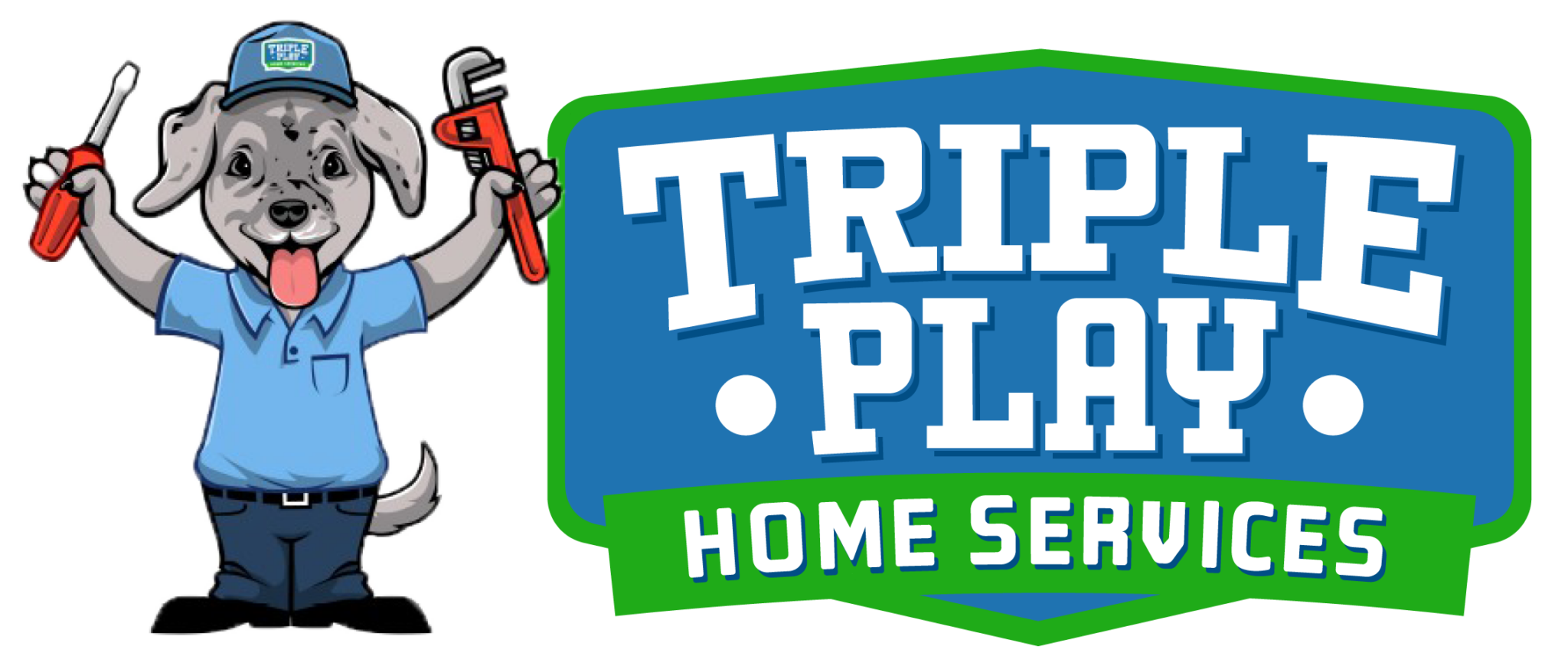
Winter brings several challenges to home maintenance, and one common issue is clogged drains. Cold temperatures can exacerbate existing drain problems, leading to blockages that can disrupt daily life. Preventive drain cleaning becomes essential to avoid inconveniences and ensure your plumbing system operates smoothly.
Understanding the Importance of Drain Cleaning in Winter
Winter often brings increased indoor activity, leading to more stress on your drainage system. This makes the importance of drain cleaning stand out, as preventive maintenance becomes crucial in avoiding clogs and backups. Cold temperatures can cause grease, fats, and other materials to harden faster than they would in warmer months, making blockages more likely.
Frequent drain cleaning keeps your pipes clear from debris that can accumulate over time. Hair, soap scum, and food particles are common culprits that can build up in your drains. These blockages can restrict water flow, leading to slow drainage and even complete blockages. Regularly cleaning your drains reduces these risks and ensures water flows freely.
Additionally, preventing drain clogs can save you from costly repairs. Blocked drains can cause pipes to burst, especially when water expands as it freezes. This can lead to water damage and the need for professional repairs, which can be expensive and disruptive. By investing time in cleaning your drains before winter, you protect your home and avoid emergency situations.
Safe and Effective DIY Drain Cleaning Methods
Maintaining clean drains doesn’t always require professional help. Several DIY methods can be effective for regular drain cleaning. Using simple tools and household items, you can keep your drains clear and functional.
A common and safe method involves using baking soda and vinegar. Pour half a cup of baking soda down the drain, followed by half a cup of white vinegar. The mixture will fizz and help break down any debris. Let it sit for about 15 minutes, then flush the drain with hot water. This natural solution can be repeated monthly to maintain clear drains.
Another method is using a drain snake or auger. These tools are specially designed to navigate through pipes and clear blockages. Insert the snake into the drain and turn the handle to break up clogs. This method is particularly effective for hair and other stubborn debris.
For kitchens, avoid pouring grease and fats down the drain. Grease can solidify and cause blockages. Instead, dispose of grease in a container and throw it in the trash. Also, use strainers in sinks to catch food particles and prevent them from entering the drain.
Preventive Measures to Avoid Clogged Drains
Prevention is key when it comes to avoiding clogged drains, especially during winter. Implementing a few simple practices can help keep your drainage system free of blockages and functioning efficiently.
1. Use Drain Strainers: Place strainers over all your drains to catch hair, food particles, and other debris before they enter the pipes. Regularly empty and clean these strainers to maintain effective filtration.
2. Mind What Goes Down the Drain: Avoid flushing items like paper towels, wipes, and sanitary products, even if they are labeled as flushable. These items do not break down easily and can cause clogs.
3. Run Hot Water: After using the kitchen sink, run hot water down the drain for a few minutes. This helps to dissolve and flush away grease and oils that might have entered the pipes.
4. Regular Cleaning: Schedule regular cleaning of your drains using safe methods like baking soda and vinegar. This will help keep buildup at bay and maintain clear pipes.
5. Garbage Disposal Care: For homes with garbage disposals, avoid putting fibrous foods like celery, potato peels, and coffee grounds down the disposal. These materials can wrap around the blades and cause clogs.
When to Call Professionals for Drain Cleaning
While DIY methods and preventive measures can handle many drain issues, there are times when professional help is necessary. Recognizing these situations can save you from bigger problems down the line.
1. Persistent Clogs: If you have a drain that continually clogs despite using DIY methods, it might be time to call our professionals. Persistent clogs could indicate a deeper problem within the plumbing system.
2. Foul Odors: Unpleasant smells coming from your drains often signal a blockage or buildup that needs professional attention. These odors can result from decaying debris or stagnant water trapped in the pipes.
3. Slow Drainage: If water is draining slowly in multiple fixtures, it might be a sign of a larger issue like a blocked main sewer line. Our technicians can diagnose and address the problem before it escalates.
4. Unusual Noises: Gurgling sounds from your drains can indicate trapped air due to a blockage. Professionals have the equipment to accurately identify and remove the obstruction.
5. Water Backups: Water backing up into sinks, tubs, or toilets is a sure sign of a serious clog. This situation demands immediate professional intervention to prevent damage and restore proper drainage.
Conclusion
Ensuring your drains are clean and functional during winter is crucial for maintaining a properly working plumbing system. Implementing preventive measures and performing regular drain cleaning can significantly reduce the risk of clogs and backups. These practices not only keep your home running smoothly but also help you avoid unexpected and costly repairs. While DIY methods can resolve many common issues, recognizing when to call in professionals is essential.
For reliable and expert drain cleaning in Edmond, OK, contact Triple Play Home Services. Our professionals are equipped to handle any drain issues and ensure your plumbing system remains efficient throughout the winter season. Call us today to schedule an appointment and keep your drains in pristine condition!

